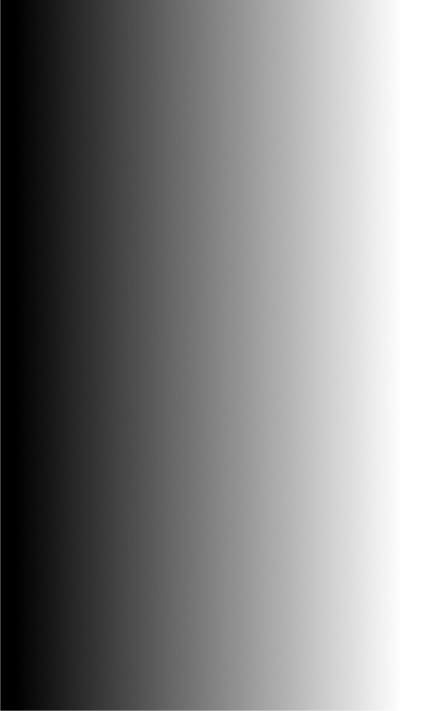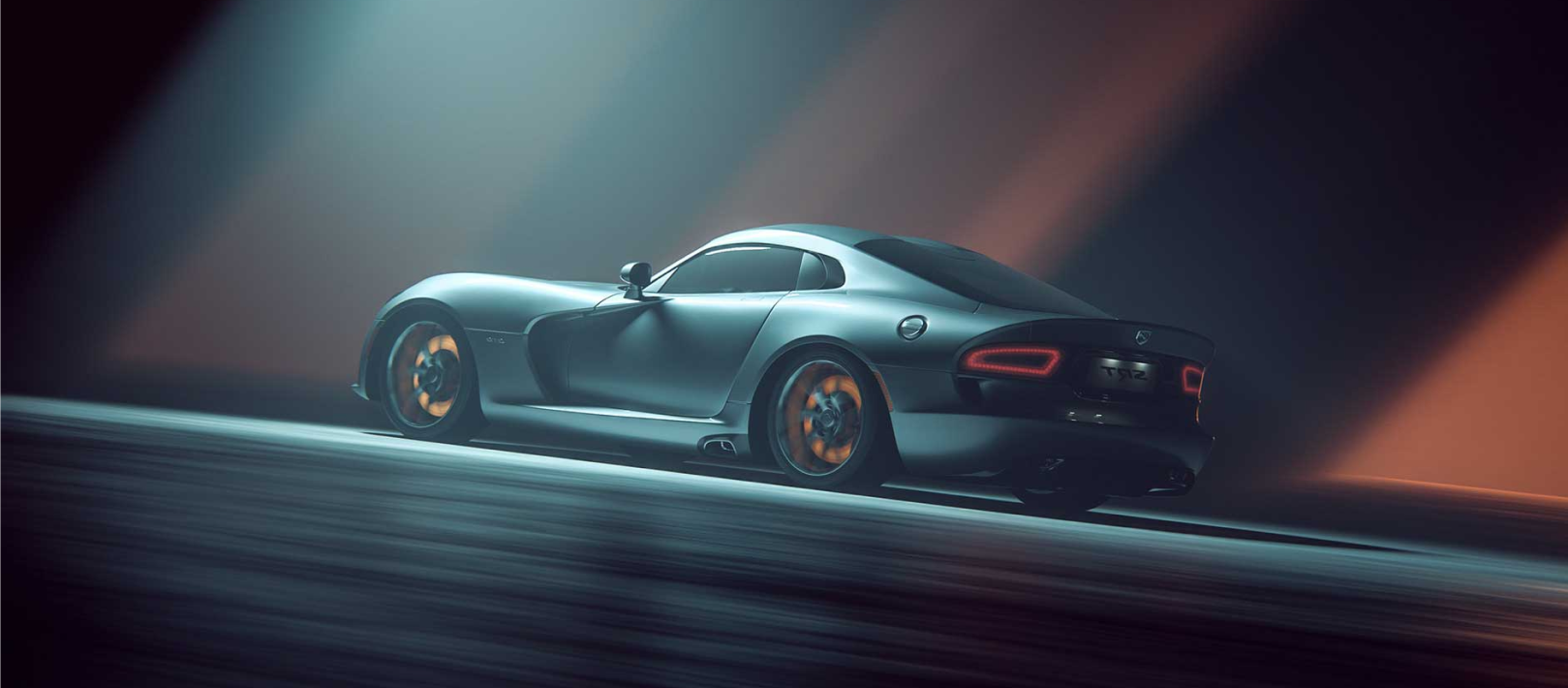TPU vs. TPH vs. PVC PPF: A Detailed Comparison of Paint Protection Film
TPU vs. TPH vs. PVC PPF: A Detailed Comparison of Paint Protection Film
PPF has seen significant adoption in recent years for automotive and other surface protection, particularly in the automotive industry. PPF helps guard against scratches, stains, and UV damage. The most common materials for PPF are TPU, TPH, and PVC. Each of these has its features, so knowing more about them can help you decide which is best for your car. This article will break it down and explain why TPU film is always the best choice.
Introduce TPU, TPH, and PVC
3 Different grades of PPF materials. Let’s introduce each one in detail.
TPU
The full name is Thermoplastic Polyurethane, is a high-performance material that combines the elasticity of rubber with the process-ability of plastic. It was initially used in high-end industrial fields such as medical devices, military coatings and aerospace, and later was introduced into the field of automotive paint protection, becoming the highest-grade material for automotive paint protection films at present.
A high-quality TPU film is usually composed of 3 layers:
- Top Coat: It has a self-repairing function and can resist minor scratches, stains, and ultraviolet rays.
- Middle Layer – TPU base material Layer: Core protective structure, with excellent ductility, puncture resistance, and transparency.
- Adhesive Layer: High-molecular adhesive, ensuring seamless adhesion between the film layer and the vehicle paint without leaving any residue or damaging the original paint.
TPH
Thermoplastic Polyolefin Hybrid is a kind of membrane material made by compounding polyolefin plastics with other additives. It is a mid-range PPF product between TPU and PVC, and often marketed as a “TPU-like” alternative.
The original intention of TPH was to solve the problems of PVC’s brittleness and rapid yellowing, while also lowering the cost threshold of TPU. However, its actual application effect is far inferior to that of TPU.
The structure of the TPH is also divided into 3 layers:
- Surface Coating: Although there is a coating, it does not have the self-repairing function.
- Polyolefin Substrate Layer: It provides basic protection and ductility, but has relatively weak elasticity and toughness.
- Back Adhesive Layer: It has strong adhesion but poor peelability. Some inferior TPH films have the risk of delamination or residual adhesive.
PVC
Polyvinyl chloride is one of the earliest materials used in automotive PPF. Its main advantage is its extremely low price, but it has obvious shortcomings in performance. As a result, it has been virtually eliminated from the high-end automotive film market in recent years.
Performance Comparative Analysis
|
Properties |
TPU | TPH | PVC |
| Transparency | High | Medium | Low |
| Self-repairing ability | Excellent | None | None |
| Flexibility | Very High | Moderate | Poor |
| Lifespan | 5-10 Years |
2-4 Years |
1-2 Years |
| Adhesion & Fit | Perfect fit | Average |
Prone to lifting |
From the comparison in the above table, it is evident that TPU outshines TPH and PVC in key aspects like transparency, self-repairing ability, and lifespan, making it the superior choice for high-end automotive protection.
Why is TPU Film Recommended?
Among the 3 mainstream PPF materials currently available on the market (TPU, TPH, and PVC), TPU is undoubtedly the choice with the strongest comprehensive performance and the best user experience. Whether in terms of protective ability, aesthetic effect, or lifespan, it is far ahead of the other two materials.
Full Protection
TPU has outstanding scratch resistance, corrosion resistance, UV protection, and stain resistance. It can effectively deal with the damage from sand and stones, branches, bird droppings, acid rain, and other substances on the daily road, protecting the original factory car paint from damage.
Self-repair
The unique “memory molecule” structure of TPU can repair minor scratches under hot water or sunlight, keeping the vehicle always bright and new and reducing subsequent maintenance costs such as repeated polishing and waxing.
Excellent Transparency and Luster Improvement
High-end TPU film is almost “invisible”. After applying the film, it will not affect the original color of the car. Instead, it can further enhance the luster of the paint surface, making the vehicle’s appearance more upscale and textured.
Long Lifespan and Higher Cost Performance
Although the initial investment in TPU film is slightly higher, its durability of 5 to 10 years means less replacement frequency and lower maintenance costs, making it more cost-effective in the long run.
Strong Adhesion
TPU film has high flexibility and good extensibility, and can perfectly cover every complex curved surface of a vehicle. It is well-suited for everything from sedans to SUVs, from entry-level cars to High-performance cars.
Enhance the Retention Value
For high-end car owners, the addition of TPU can significantly enhance the vehicle’s residual value when reselling second-hand cars. Keeping the original factory paint intact is an important concern for many second-hand car buyers.
Adaptable Vehicles for TPU Film
TPU film’s versatility makes it ideal for a wide range of vehicles, including electric cars and hybrids. This universal applicability underscores its value across diverse automotive segments.
- Luxury Vehicles & High-End Models
(e.g. BMW, Mercedes-Benz, Audi, Tesla, Porsche, etc.)
These vehicles benefit most from TPU’s self-healing and long-lasting clarity. Their sleek designs and premium finishes are preserved, maintaining a showroom-like appearance even after years of use.
- Sports Cars & Performance Vehicles
TPU maintains sleek, high-gloss finishes and protects against stone chips during spirited driving.
- Family cars & Daily Driving
If you’re keeping your car long-term, TPU is the smartest investment. It saves on repainting and improves resale value.
- Commercial Fleets
Even leased vehicles benefit—TPU helps avoid costly end-of-lease paint damage fees.
Final Thoughts: TPU Film—Smart Choice for Protecting Your Car
TPU film offers the perfect balance of durability, clarity, and advanced protection, making it the top-tier solution for drivers who care about their car’s long-term appearance and value.
Unlike TPH or PVC, TPU films are engineered to resist yellowing, self-repair light scratches, and maintain a flawless, high-gloss finish for many years. It is a smart, long-term investment that keeps your vehicle looking newer for longer—and helps preserve its resale value down the line.


